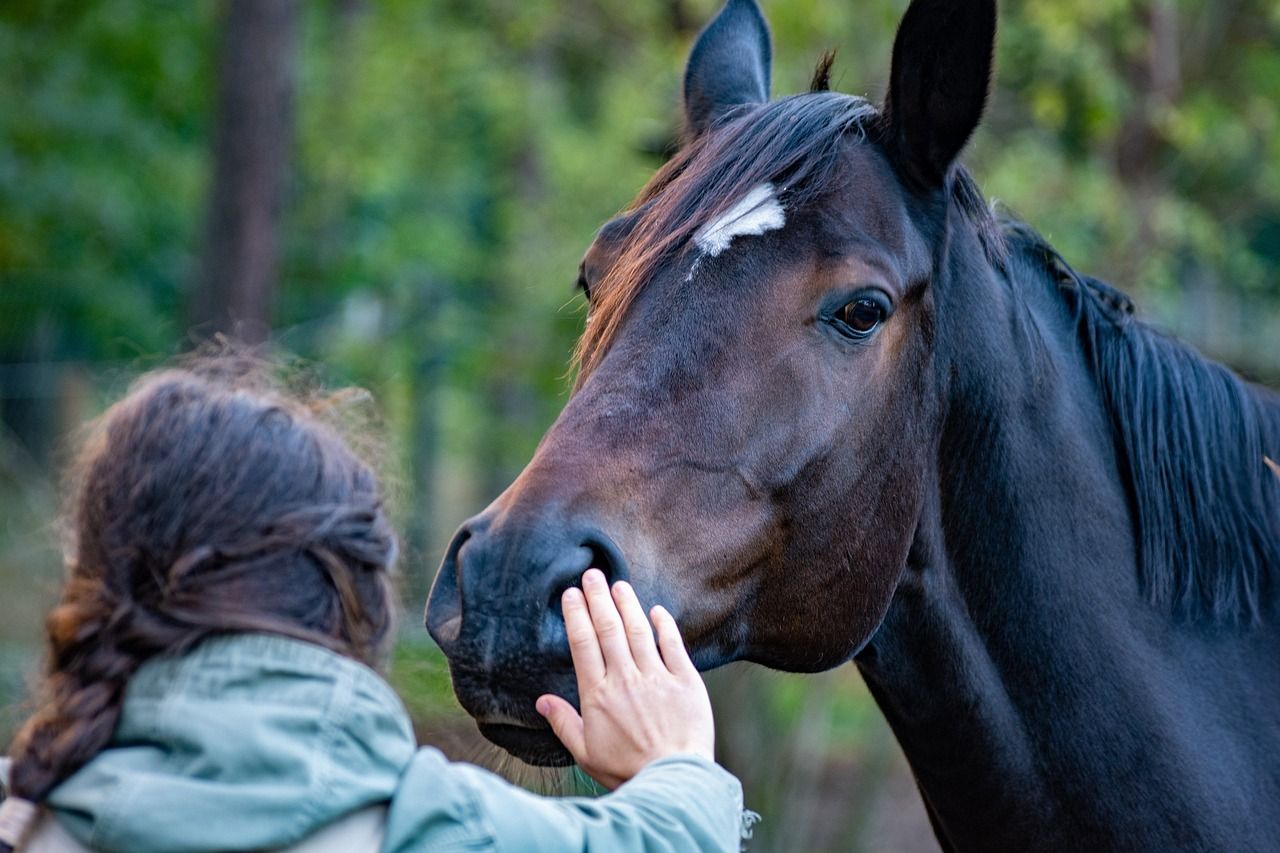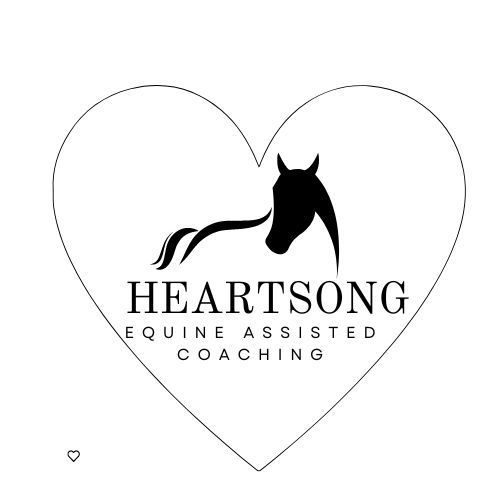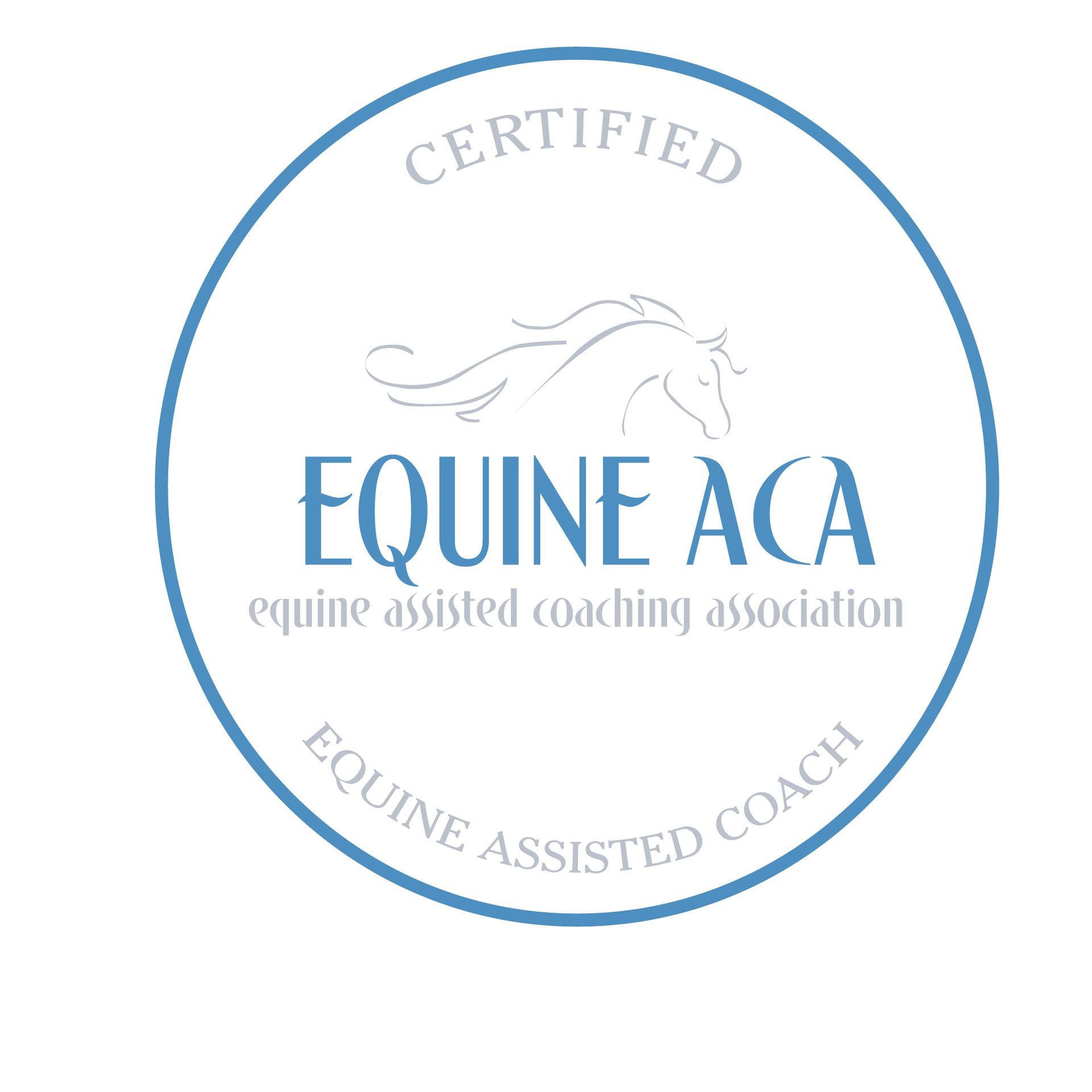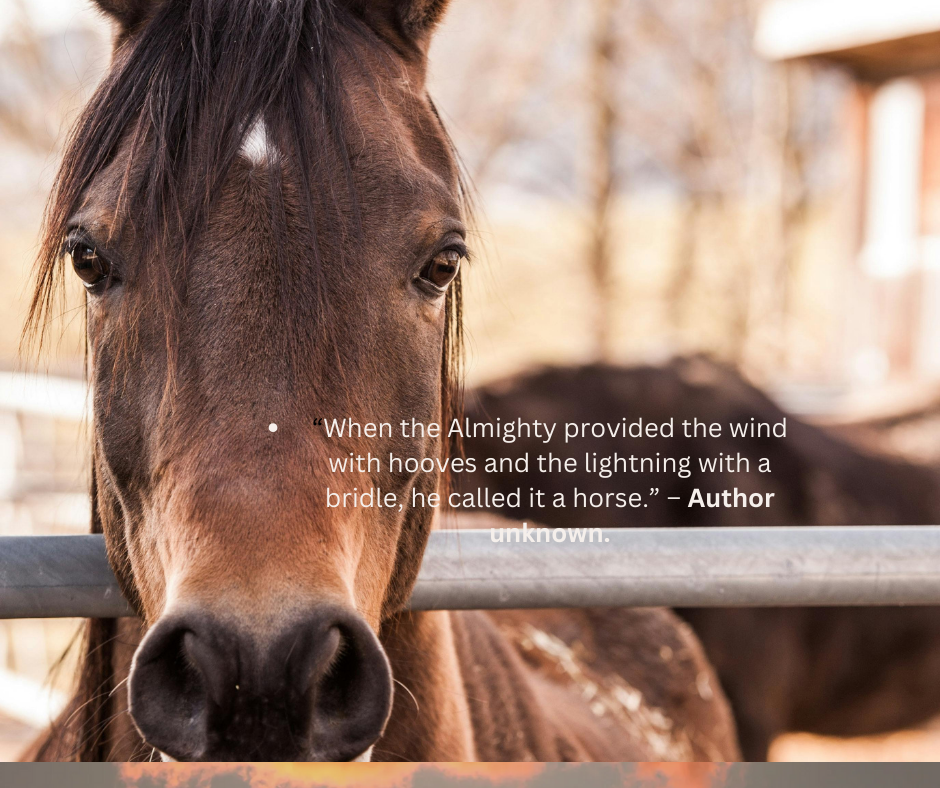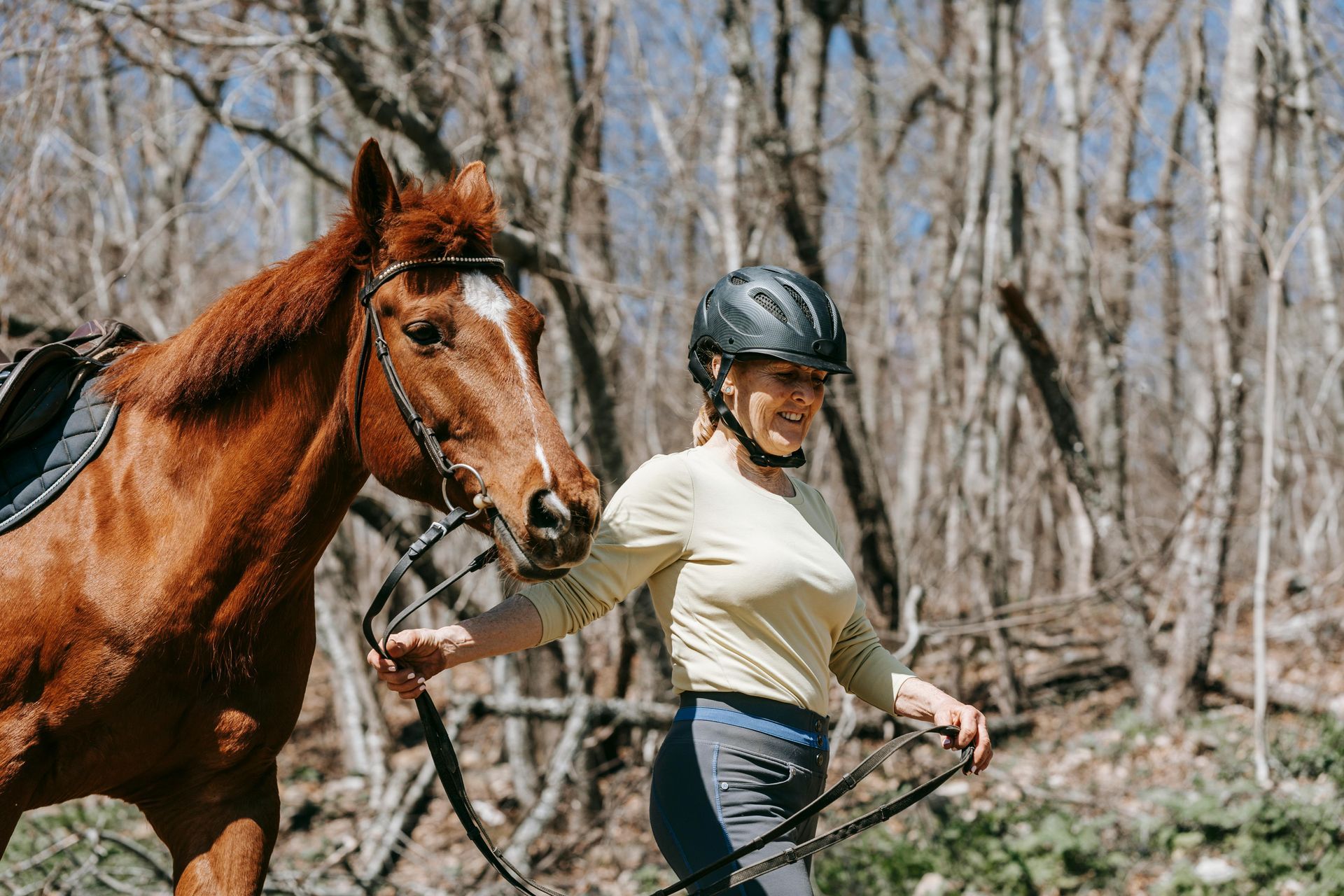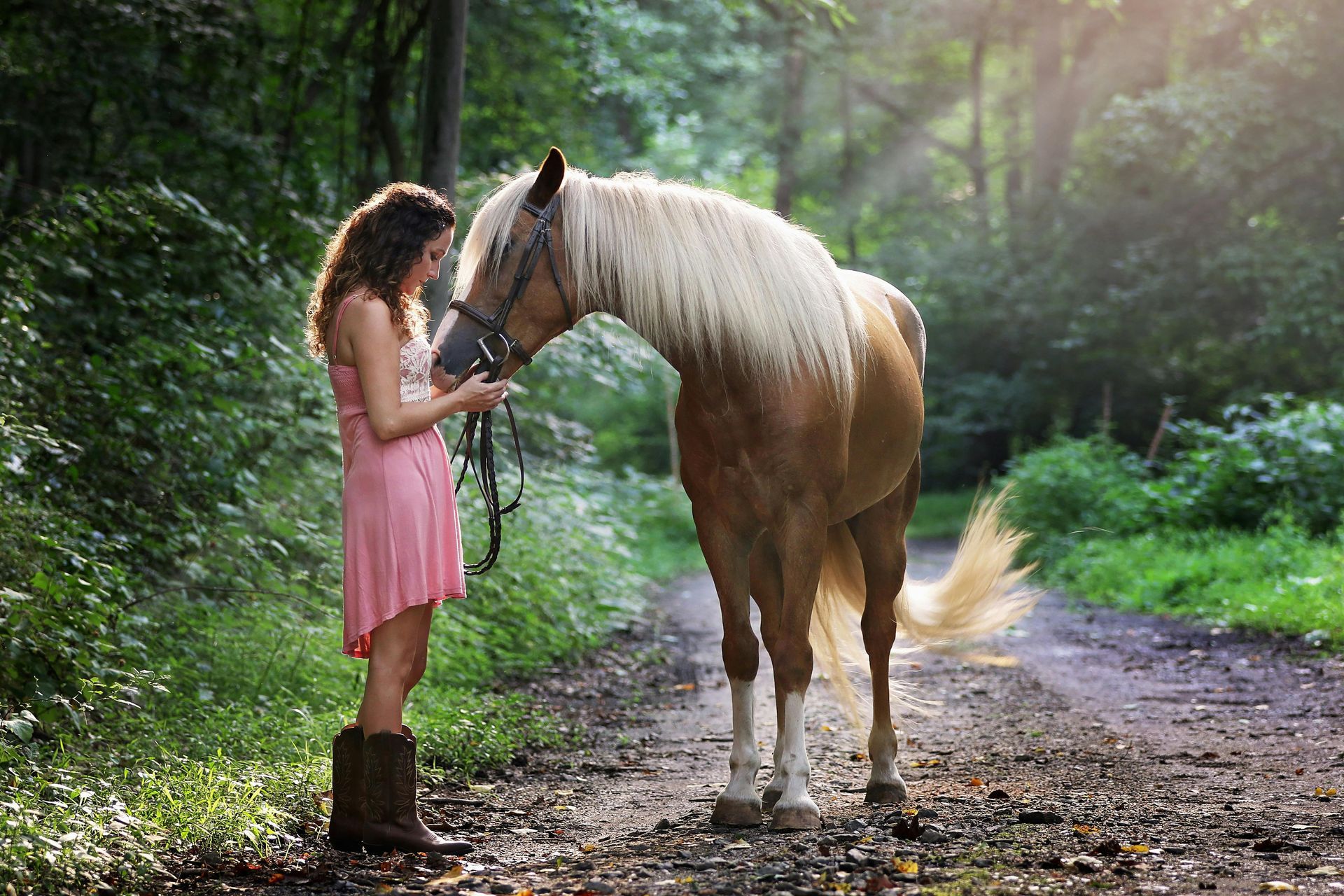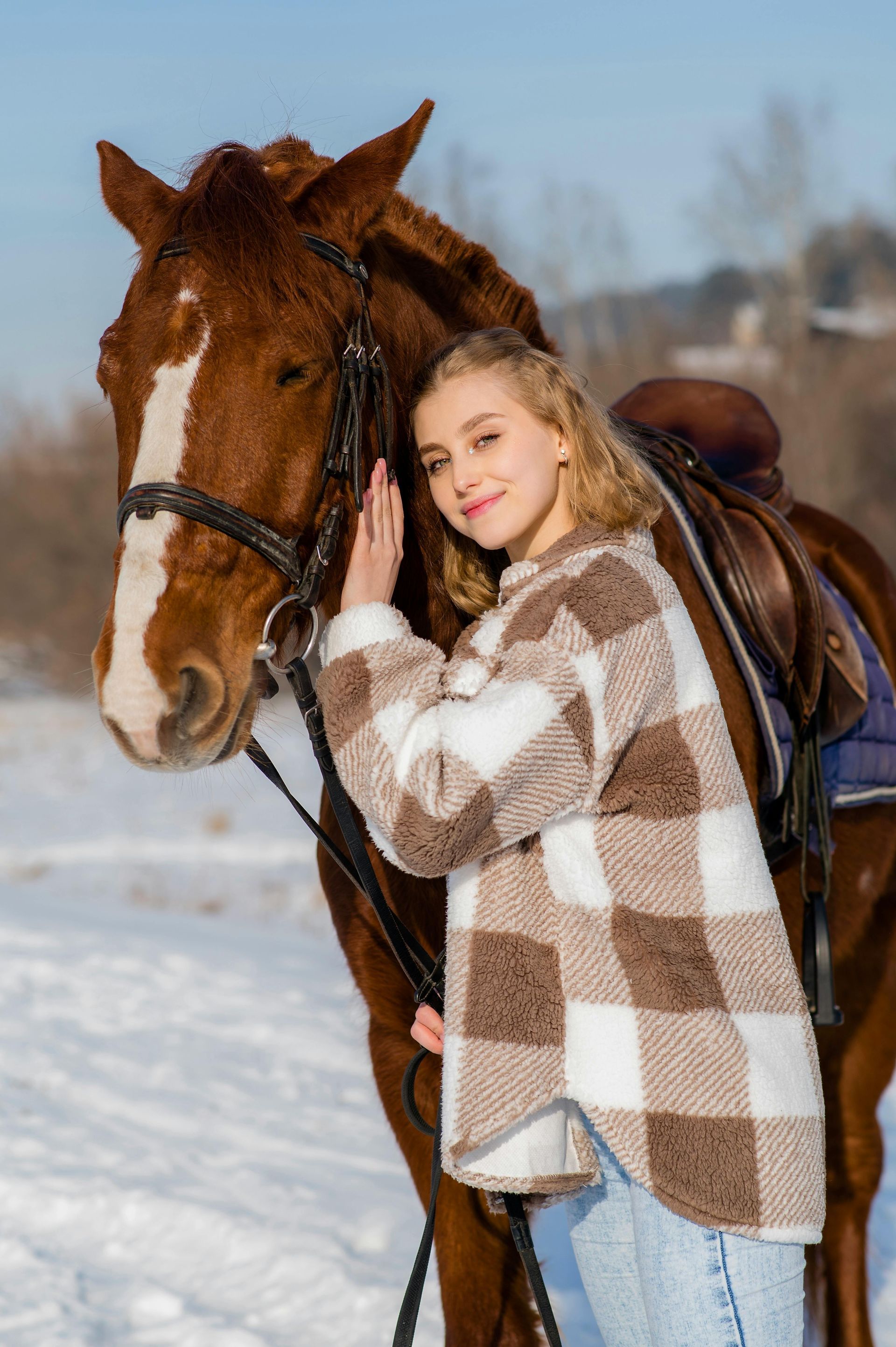The Difference Between Equine Coaching and Equine Therapy
Bridging the Gap

Understanding the Difference Between Equine Coaching and Equine Therapy
The powerful connection between humans and horses has been harnessed for therapeutic and developmental purposes for years. While both Equine Assisted Coaching and Equine Therapy involve working with horses, they serve distinct purposes and operate under different frameworks. Understanding these differences is crucial for anyone considering engaging in either practice.
he powerful connection between humans and horses has been harnessed for therapeutic and developmental purposes for years. While both Equine Assisted Coaching and Equine Therapy involve working with horses, they serve distinct purposes and operate under different frameworks. Understanding these differences is crucial for anyone considering engaging in either practice.
Equine Therapy, often referred to as Equine Assisted Therapy (EAT), is a form of experiential therapy that utilizes the unique qualities of horses to address mental, emotional, and physical health conditions. It's typically conducted under the guidance of licensed therapists, such as psychologists, social workers, or occupational therapists, who incorporate equine activities into their treatment plans. The focus of Equine Therapy is to treat specific diagnoses and address clinical symptoms. It operates within a medical model, where the therapist provides interventions and treatment based on a patient's diagnosis and treatment plan. The therapist guides the sessions, directing the activities and interpreting the client's responses in relation to their therapeutic goals. The emphasis is on healing, symptom reduction, and improved functioning.
Equine Assisted Coaching, on the other hand, is a developmental process that focuses on personal and professional growth. It’s facilitated by trained coaches who use equine interactions to help individuals explore their beliefs, behaviors, and patterns. The focus of Equine Coaching is about empowering individuals to achieve their goals, enhance self-awareness, improve communication, and develop leadership skills. At HEart Song EAC, we do a lot of EAC with kids. There are key differences when working with younger kids and older kids/teens. With kids, EAC can help kids learn emotional regulation, increase their confidence, learn empathy, and improve their self esteem. EAC with all ages, operates within a coaching framework, where the coach facilitates the client's learning and self-discovery. The client is the driver of the process, making decisions and taking responsibility for their outcomes. The coach acts as a guide, supporting their journey of self-exploration. The emphasis is on personal growth, self-discovery, and achieving desired outcomes. Key distinctions include that Equine Assisted Coaches do not offer medical advice or treat mental or physical conditions. A trained Equine Assisted coach provides equine activities that allow participants to experience, process, reflect, adjust beliefs, behaviors and patterns to change the way they react to stressful situations, based on their goals. The participant makes decisions and is accountable for the results. Participants are engaged physically, mentally, emotionally, and even soulfully. The outcomes are not totally predictable, which means the participant may experience success, failure, adventure, and take risks. The participant is actively engaged, investigates, is curious, solves problems, uses creativity, and applies meaning to other areas of their life. Equine coaching is based on relationships: with self, the horses, the coach, and the world at large, and the coach encourages spontaneous learning.
Regardless of the approach, horses play a vital role in facilitating change. Their natural sensitivity and honest feedback provide valuable insights into human behavior and communication.
In conclusion, while both Equine Therapy and Equine Coaching leverage the power of horses, they differ significantly in their goals, methods, and the professionals involved. Equine Therapy focuses on healing and treatment, while Equine Coaching emphasizes personal growth and empowerment. Understanding these distinctions is crucial for choosing the right approach to meet your specific needs. If you’re looking to address a diagnosed condition, Equine Therapy may be the right path. If you’re seeking personal development and growth, Equine Coaching offers a powerful and transformative experience.
